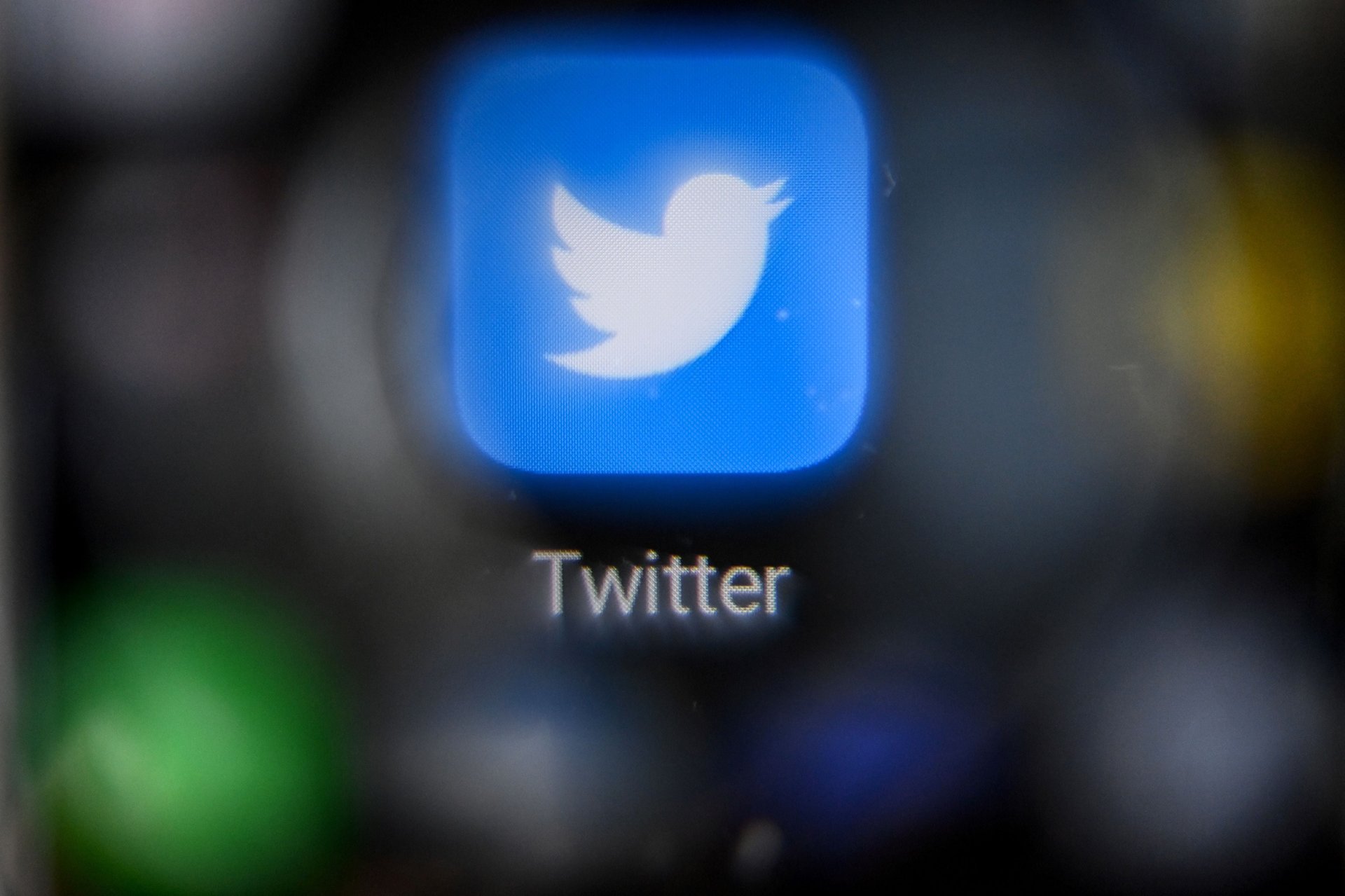Elon Musk can’t afford to pick a fight with Apple
Apple is cracking down on Twitter's content moderation shortcomings. Removal from the App Store would be costly.

As the owner of Twitter, Elon Musk cannot afford to pick a fight with Apple, which controls one of the two major mobile app stores outside of China. But he is picking a fight, anyway.
“Apple has mostly stopped advertising on Twitter,” Musk tweeted on Monday, Nov. 28. “Do they hate free speech in America? What’s going on here @tim_cook?” He followed that up by quote-tweeting criticism of Apple’s market power and content policies.
Musk added that Apple is threatening Twitter’s inclusion in the App Store, but would not indicate why. Apple did not immediately respond to a request for comment on the matter.
While Apple produces only 16% of smartphones worldwide, according to Gartner, it commands more than half of the US market. Apple’s grip over its own marketplace of apps has recently been challenged by lawsuits and global regulations, but it still effectively controls a large swath of the mobile app industry. Not only does Apple take a 30% cut of many apps’ subscription revenues, but also enforces its own content moderation policies, which apps must adhere to if they want to remain on its store.
Musk’s impending flame-war with Apple might be justified on the merits. It’s easy to criticize Apple for abusing its market power by taking an exorbitant cut, or even for imposing top-down speech controls on a global marketplace. But in taking on that fight, Musk is further jeopardizing Twitter’s business at a time when the company simply cannot afford it. If Musk wants to go to war with advertisers and app stores simultaneously, it’s difficult to see how he’ll make any money at all in the short-term.
Elon Musk is bullying his advertisers
Since taking over Twitter on Oct. 27, Musk has done little if anything to appease advertisers. As of the second quarter of 2022, when Twitter was still a public company, it made 92% of its total revenue on advertising. The rest came from a budding subscription business and data licensing.
Musk has campaigned on building out Twitter Blue, the subscription service, and upping the price to $8 per month. However, he’s differentiated it by selling blue-check verification badges as part of the package, leading to widespread confusion about who is a public figure on the app and who merely paid $8.
He has also indicated he favors a laissez-faire approach to content moderation, to the dismay of major advertisers concerned about their brands appearing next to misinformation or just crappy content.
Rather than play nice with advertisers, Musk has strong-armed and bullied them into remaining on the platform. The Financial Times reported that Musk has “sought to personally call chief executives of some brands that have curbed advertising in order to berate them… leading others to instead reduce their spend to the bare minimum required so as to avoid further confrontation with the billionaire entrepreneur.”
But this strategy miscalculates Twitter’s value in the advertising world. Twitter is widely seen as a nice-to-have, ad buyers told Quartz, not a necessary platform for sales or click-throughs. At a time when major companies are cutting their ad budgets due to the greater economic slump, Twitter is an easy cut. Simply put, Twitter needs advertisers much more than advertisers need Twitter.
Apple’s app dominance
Phillip Shoemaker is one of the founders of Apple’s App Store. Shoemaker, who left Apple in 2016 and now runs the digital identity firm Identity.com, agrees with Musk that 30% is an exorbitant fee for mobile app developers. “10% is enough,” he told Quartz. “The fact that they make $22 billion a year on this is just mind boggling.” He takes issue, however, with how Musk is managing this situation.
Apple has in-depth content moderation standards, which—among other things—mandate that apps that allow for user-generated content have a working system for reporting, moderation, and enforcement. Additionally, the App Store bars hate speech, easily accessible pornography, bullying, or abuse. The conservative app Parler was removed from the App Store in 2021, but returned months later after making changes that satisfied Apple’s standards. Google, which makes similar policy decisions in its Google Play Store, the gateway to its Android phones, didn’t allow Parler back until September 2022.
In an interview last week, Quartz asked Shoemaker, who worked to develop these standards as head of app review, whether Musk was in danger of violating Apple’s rules.
“Yeah,” he said. “I’m shocked it hasn’t happened already.”
Now, Musk claims that Apple has taken issue with his content moderation policies and enforcement, which has been decimated by staff and contractor layoffs in recent weeks. On the hook for $1 billion in annual interest payments alone, the clock is ticking for Elon Musk’s Twitter.
While Musk may be joking on Twitter and posting memes about going to war with the Cupertino-based tech giant, staying on Apple’s good side is “life and death” for Twitter’s business, Shoemaker said.
